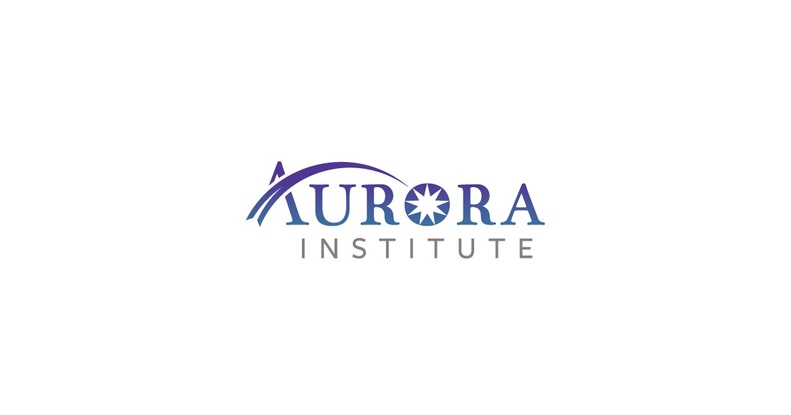arlington, virginia, April 25, 2024 /PRNewswire/ — With the goal of transforming the K-12 education system and providing an engaging, future-proof, and empowering education for all learners, Aurora Institute today announced its annual state policy We have announced our priorities.
The Aurora Institute's National Policy Recommendations focus on a set of six policy areas aimed at transforming the nation's K-12 education system to be more relevant, equitable, and effective. Taken together, these policy priorities will leverage their influence on legislators and education policy makers to disrupt traditional one-size-fits-all models of K-12 teaching and learning, and to It asks us to take advantage of opportunities to free learning from the constraints of our environment. time. Priorities include:
- Create your alumni profile and establish your vision
- Creating conditions for an equitable learner-centered competency-based education system
- Evaluation system transformation
- Accountability and data system alignment
- Helping educators grow with a competency-based system
- Redesign the learning experience
“With this set of policy recommendations, state policymakers will be better equipped to promote a more equitable and effective K-12 education system that is customized to the needs of each learner. “You can,” he said. Vergel Hammons, CEO of Aurora Research Institute. “With this set of policy recommendations, national policymakers can create the conditions that make such a future possible.”
At the state level, the Aurora Institute conducts policy analysis and challenges governors, state legislators, education agencies, state boards, education leaders, and other local policy makers to work with communities to transform education systems. We recommend that you do so. Promote competency-based education systems and align career paths. Invest in talent to build capacity, reimagine accountability and evaluation, and advance equity in education.
For a complete analysis of these issues, download our 2024 State Policy Recommendations. Policy makers at all levels are encouraged to contact Aurora Institute for more information or assistance.
Source Aurora Institute



